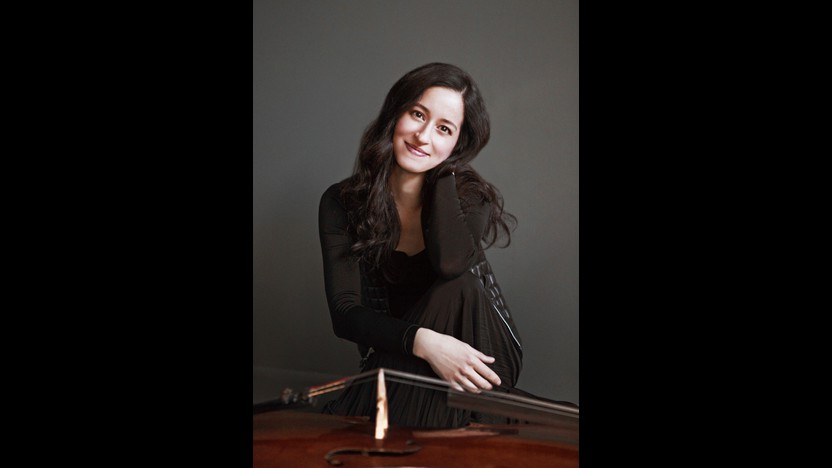Yumi Kendall


Yumi Kendall joined The Philadelphia Orchestra in September, 2004 as Assistant Principal Cellist, immediately following graduation from the Curtis Institute of Music. She began studying cello at the age of five following the Suzuki approach; at age 16, Ms. Kendall made her solo debut at the Kennedy Center with the National Symphony Orchestra. Ms. Kendall was the 2013 recipient of The Philadelphia Orchestra’s Kuhn Award, given annually to “the member of the Philadelphia Orchestra who has shown ability and enterprise of such character as to enhance the standards and reputation of The Philadelphia Orchestra”. A proud Suzuki alumnus, Ms. Kendall founded The Suzuki Alumni Project (www.suzukialumniproject.org) in 2016, as a way for those who grew up with the Suzuki approach to celebrate Suzuki education and express gratitude to the movement’s teachers all over the globe for believing in their students’ potential, and that of all children. Ms. Kendall’s festival and chamber music activities include Music from Angel Fire, Marlboro, Kingston Chamber Music Festival, the East Coast Chamber Orchestra, the Smithsonian’s 21st Century Consort, and the Philadelphia Chamber Music Society. In addition to maintaining a private teaching studio, Ms. Kendall has served on the faculties of the National Orchestral Institute, New York State School for Orchestral Studies, Brevard Music Center, and Miami Summer Music Festival. In addition to orchestral, chamber, and solo performing and teaching, Ms. Kendall serves on the board of Astral Artists, a national organization based in Philadelphia whose mission is developing the careers of prominent young classical musicians through mentorship and performance opportunities. Additionally, she is a mentor for the Community Artist Program of the Curtis Institute of Music. In 2017, she earned a Master of Applied Positive Psychology (MAPP) degree from the University of Pennsylvania. Ms. Kendall’s interest in positive organizational psychology and development stems from her belief in classical music’s powerful role in human flourishing, and the importance of cultivating healthy organizations as pathways to serve the arts and public community.
